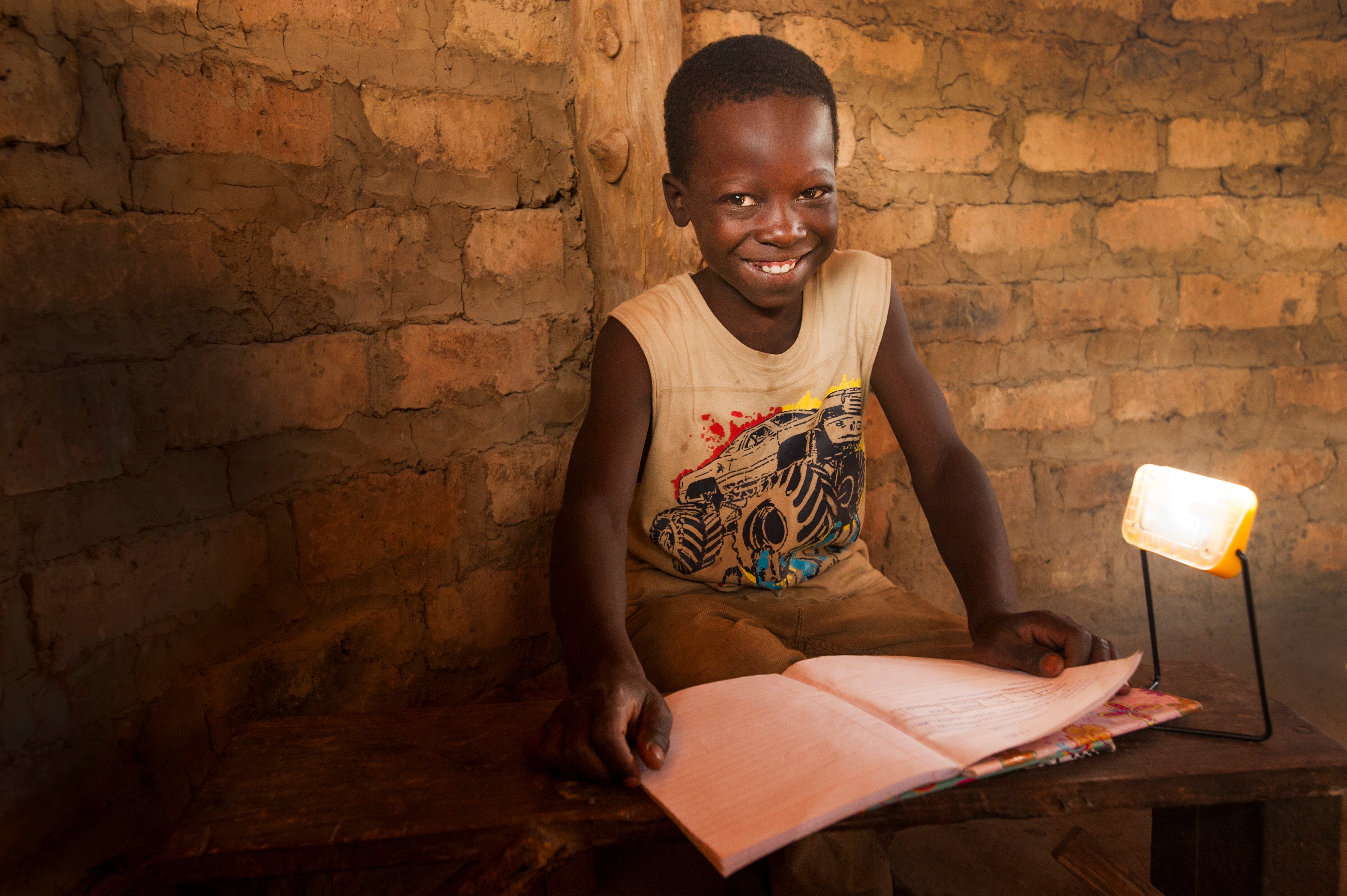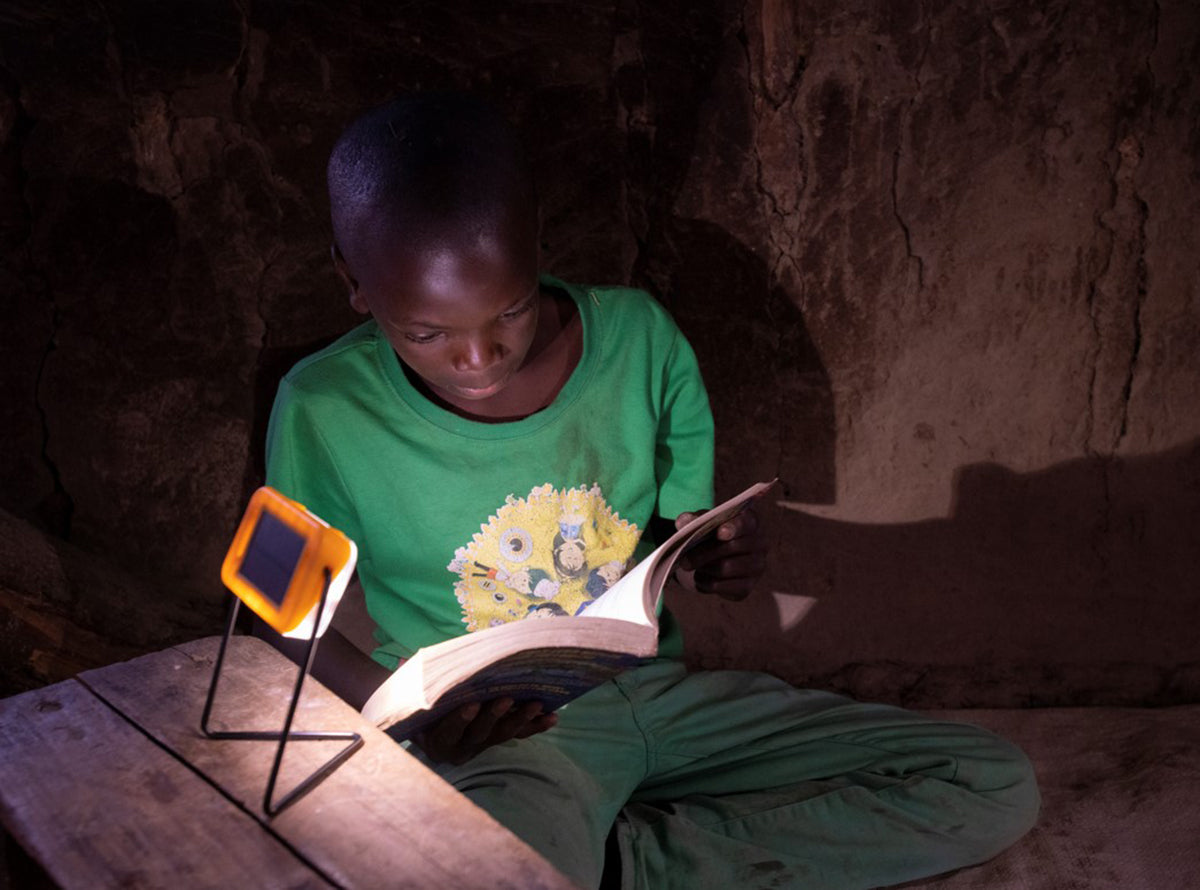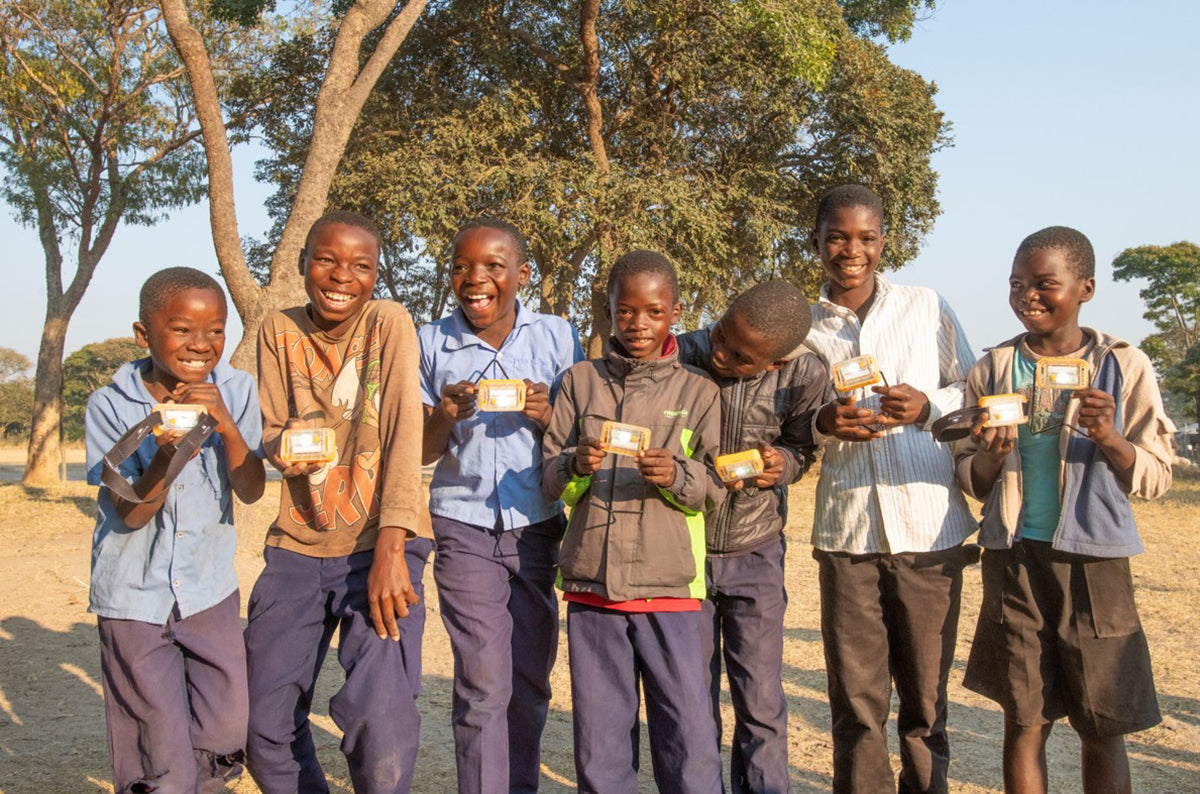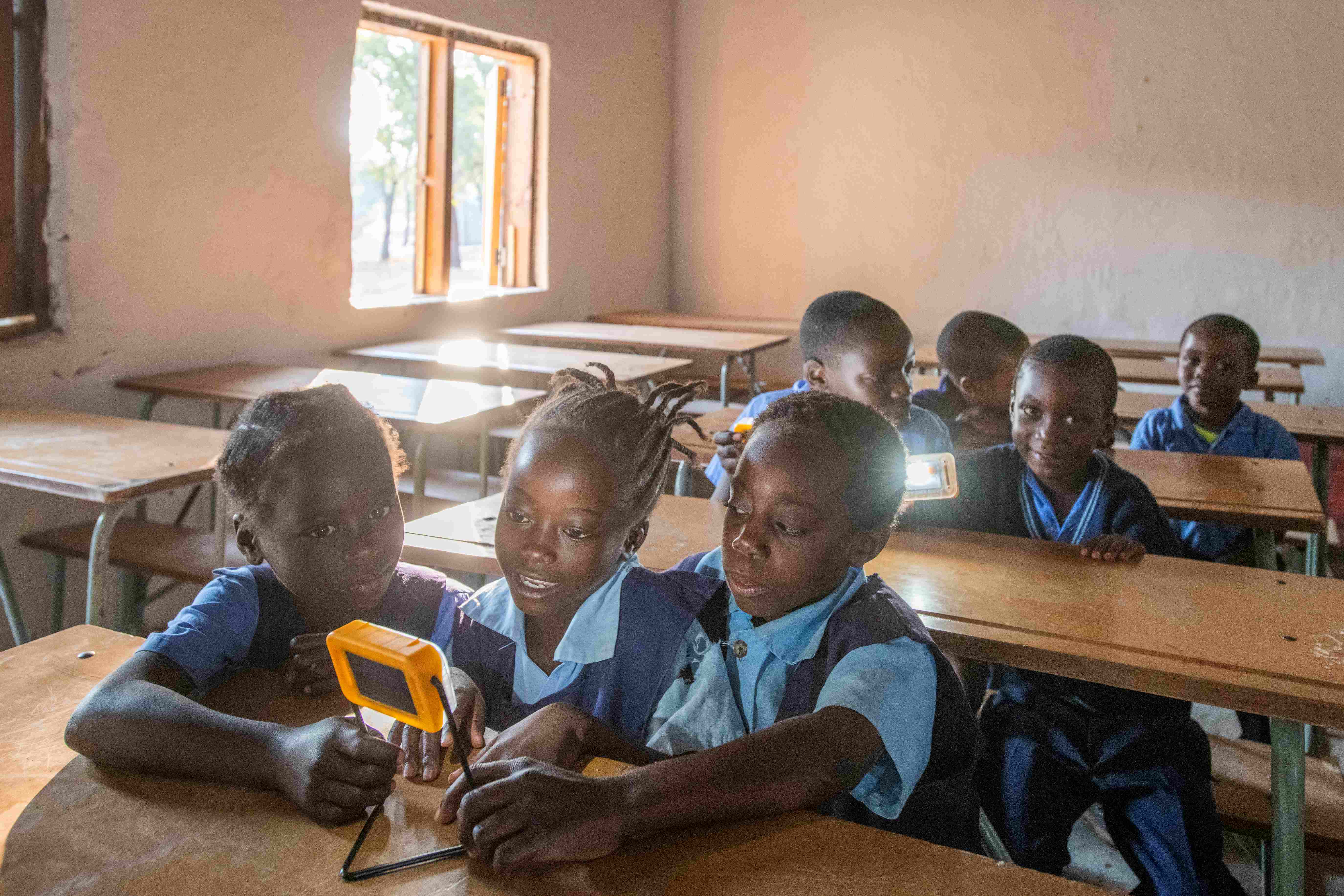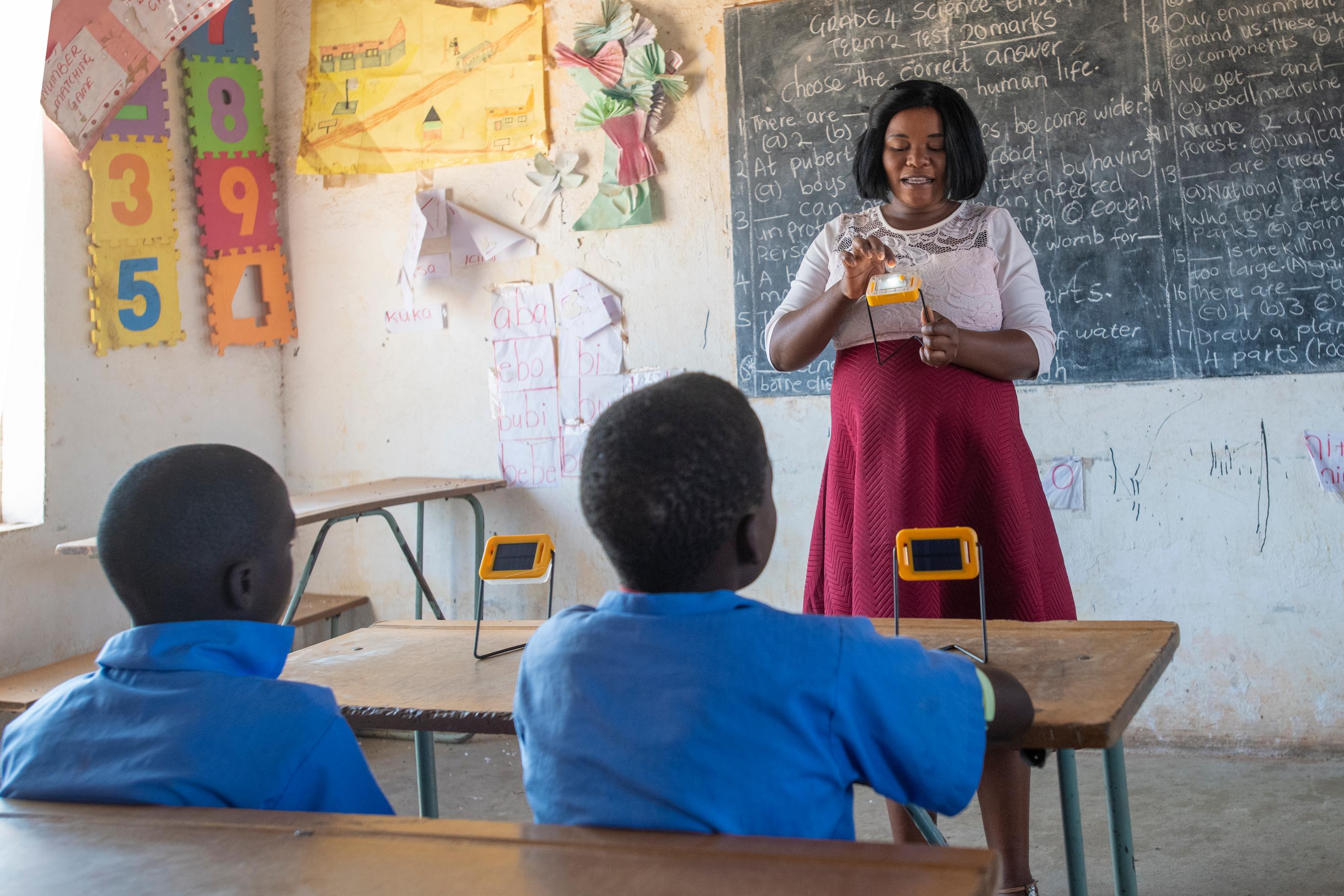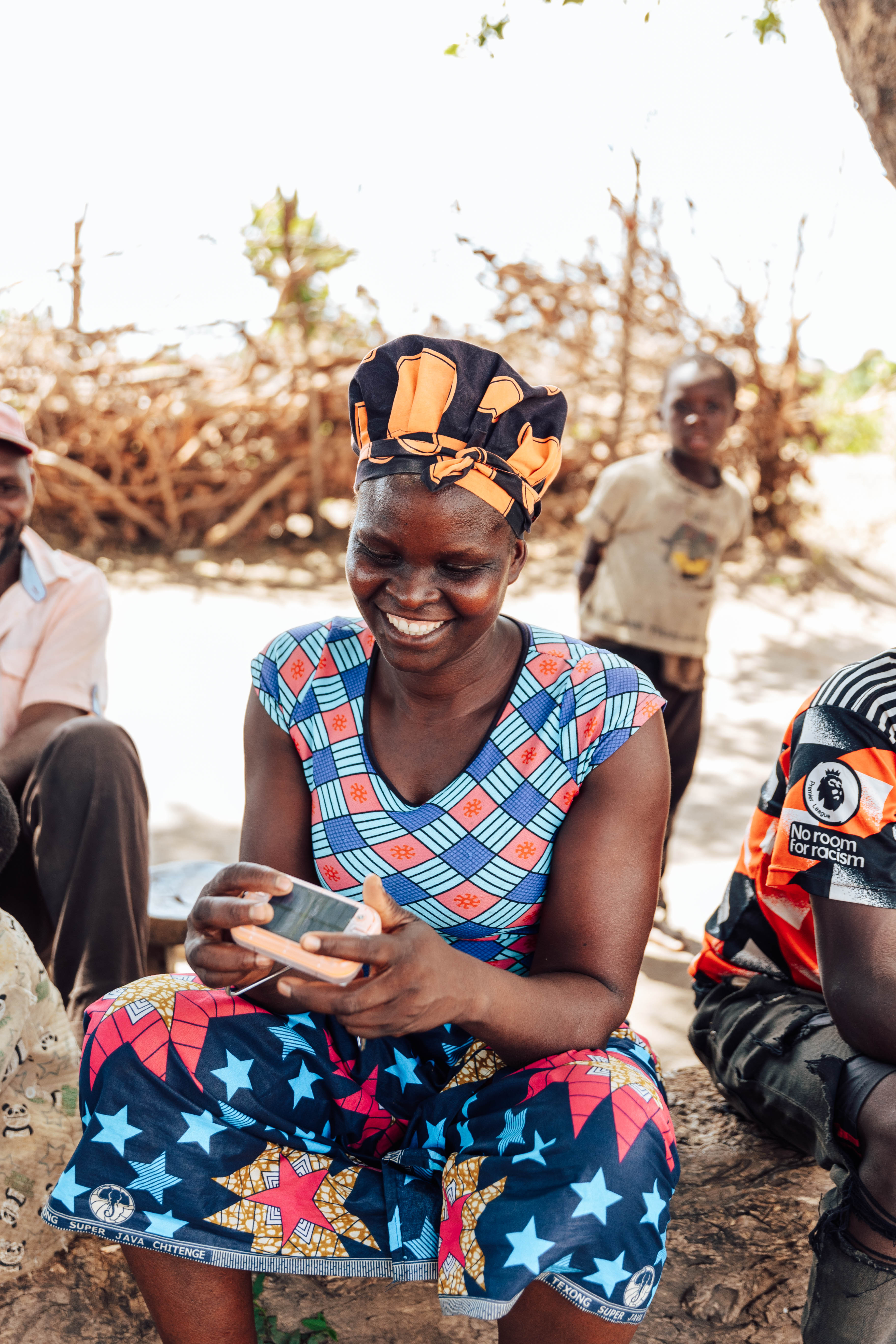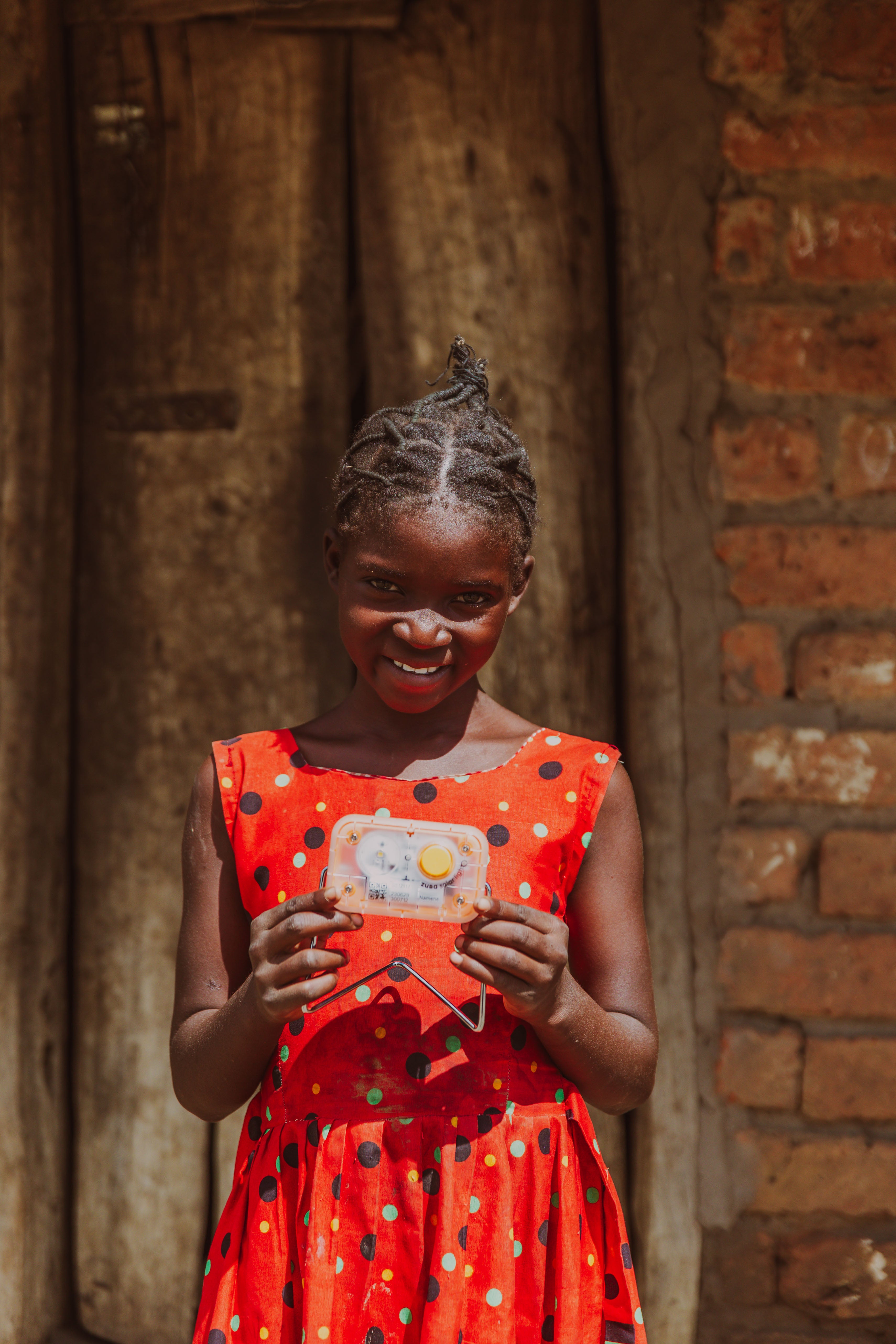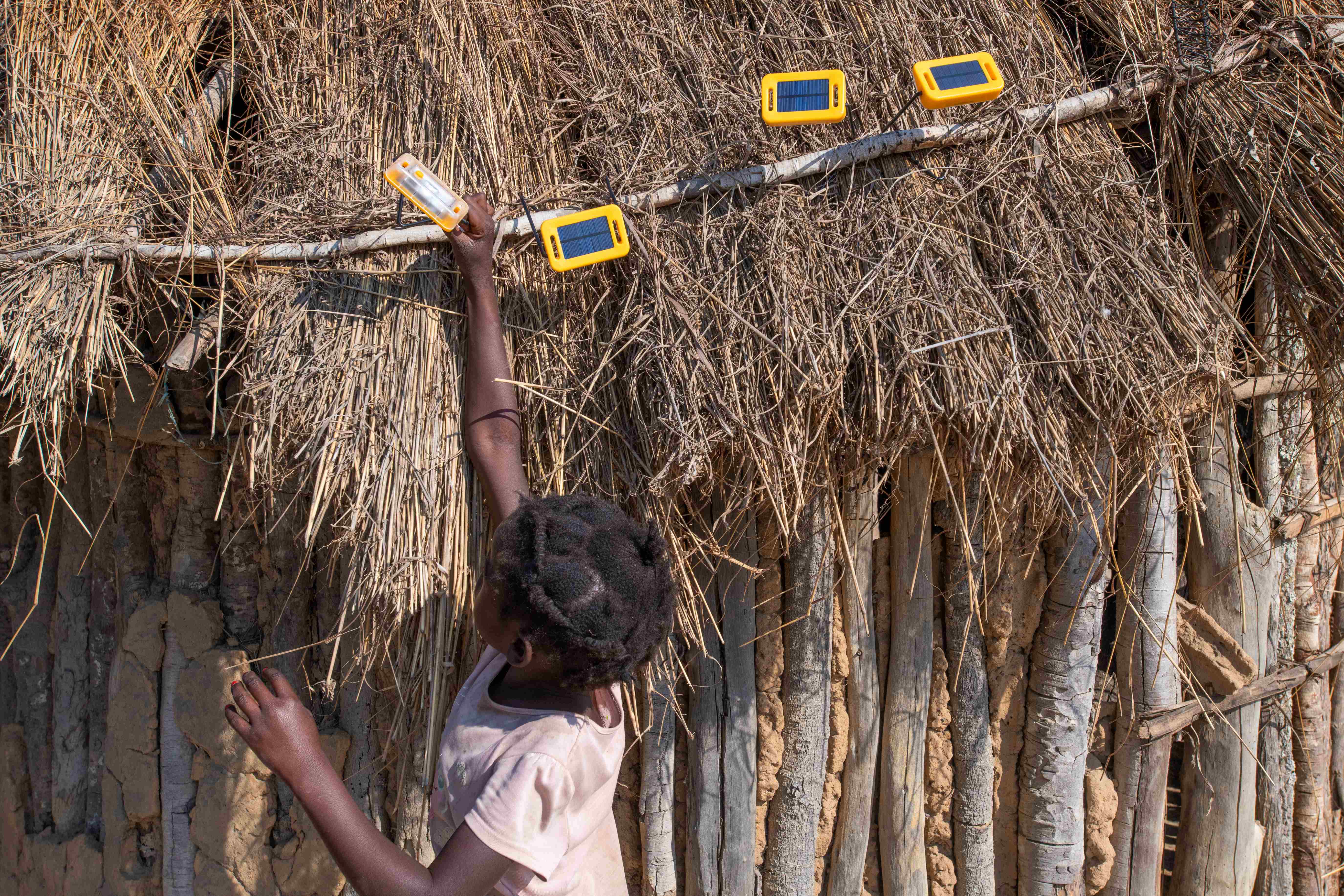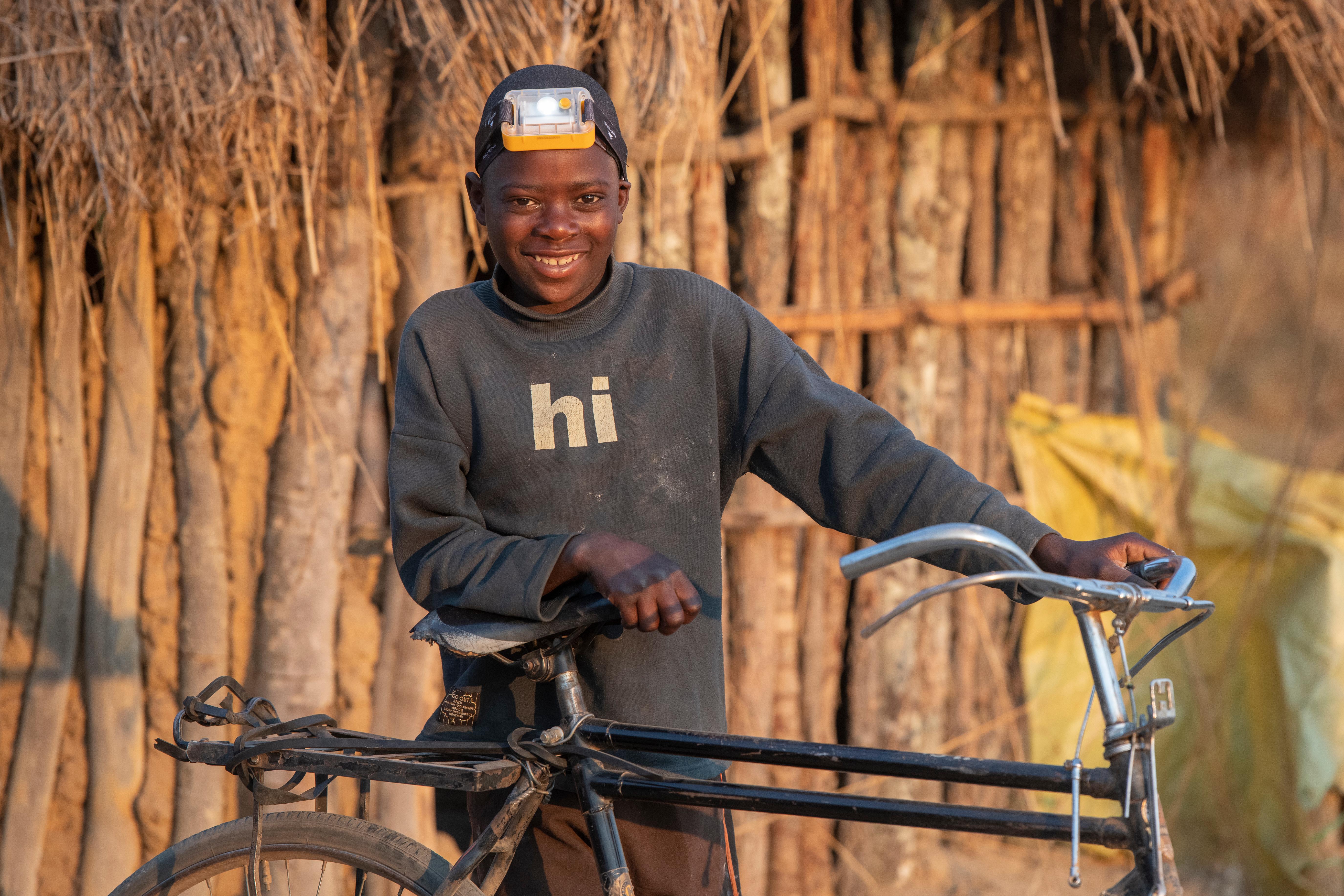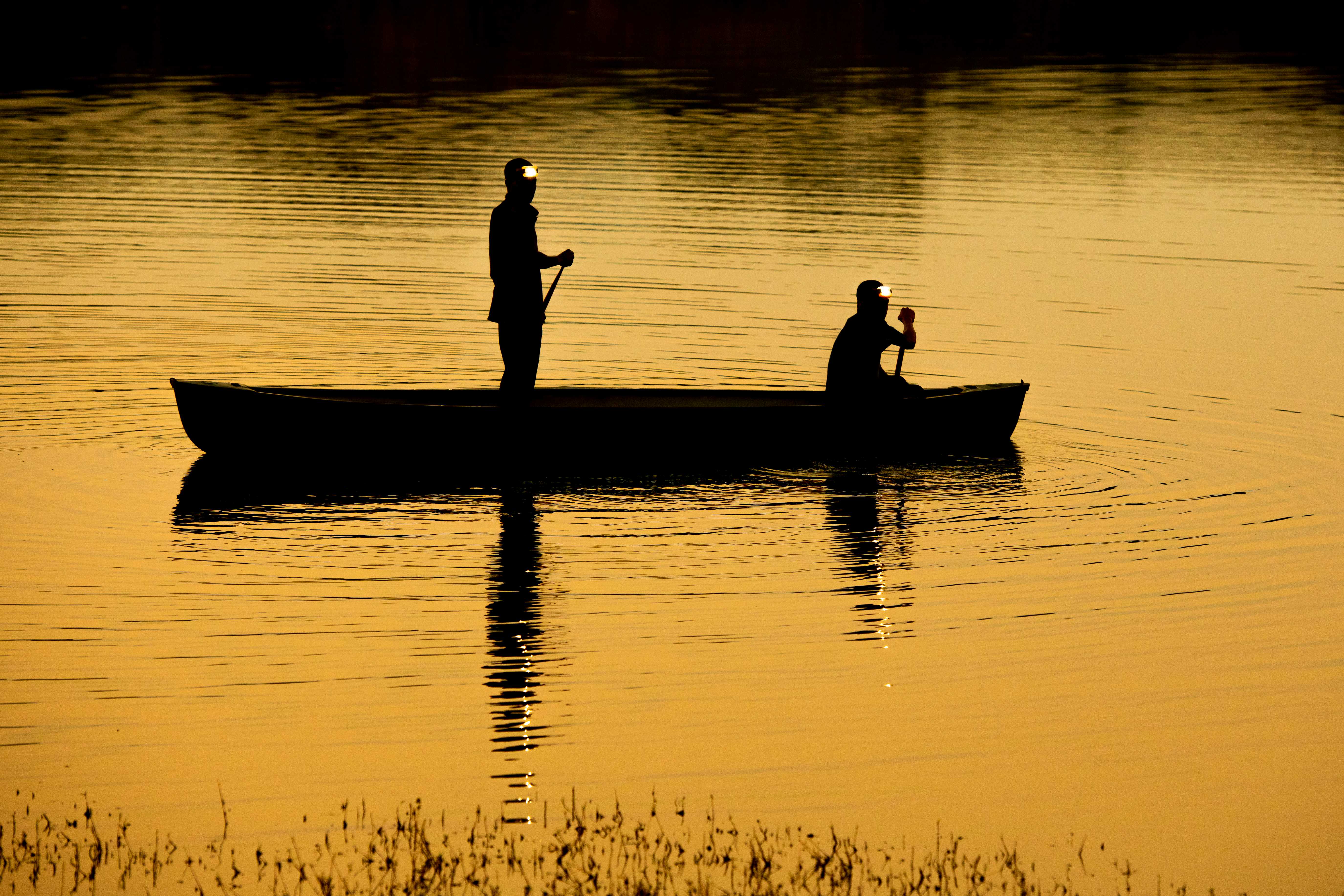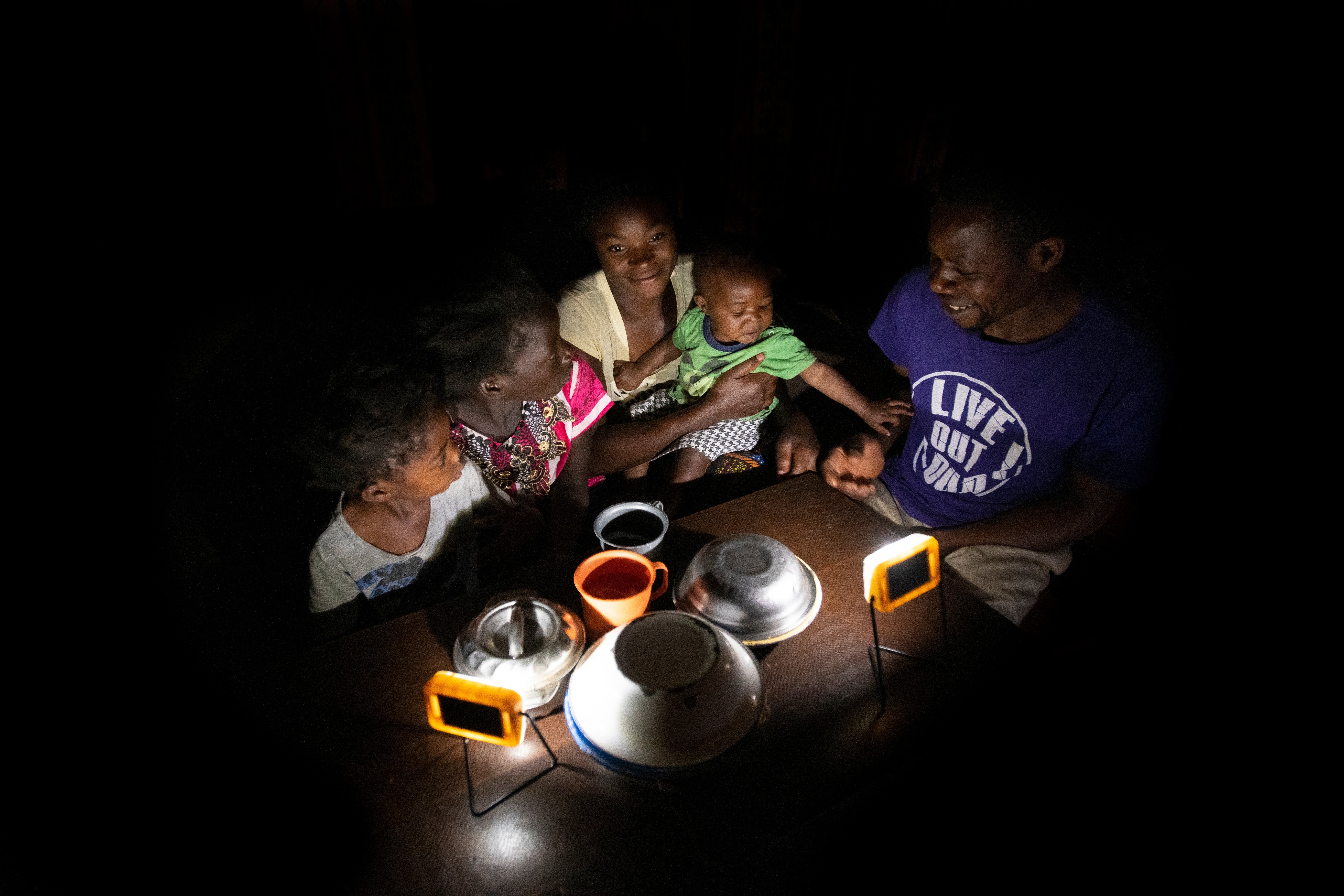Solar Lighting Project in Zambia
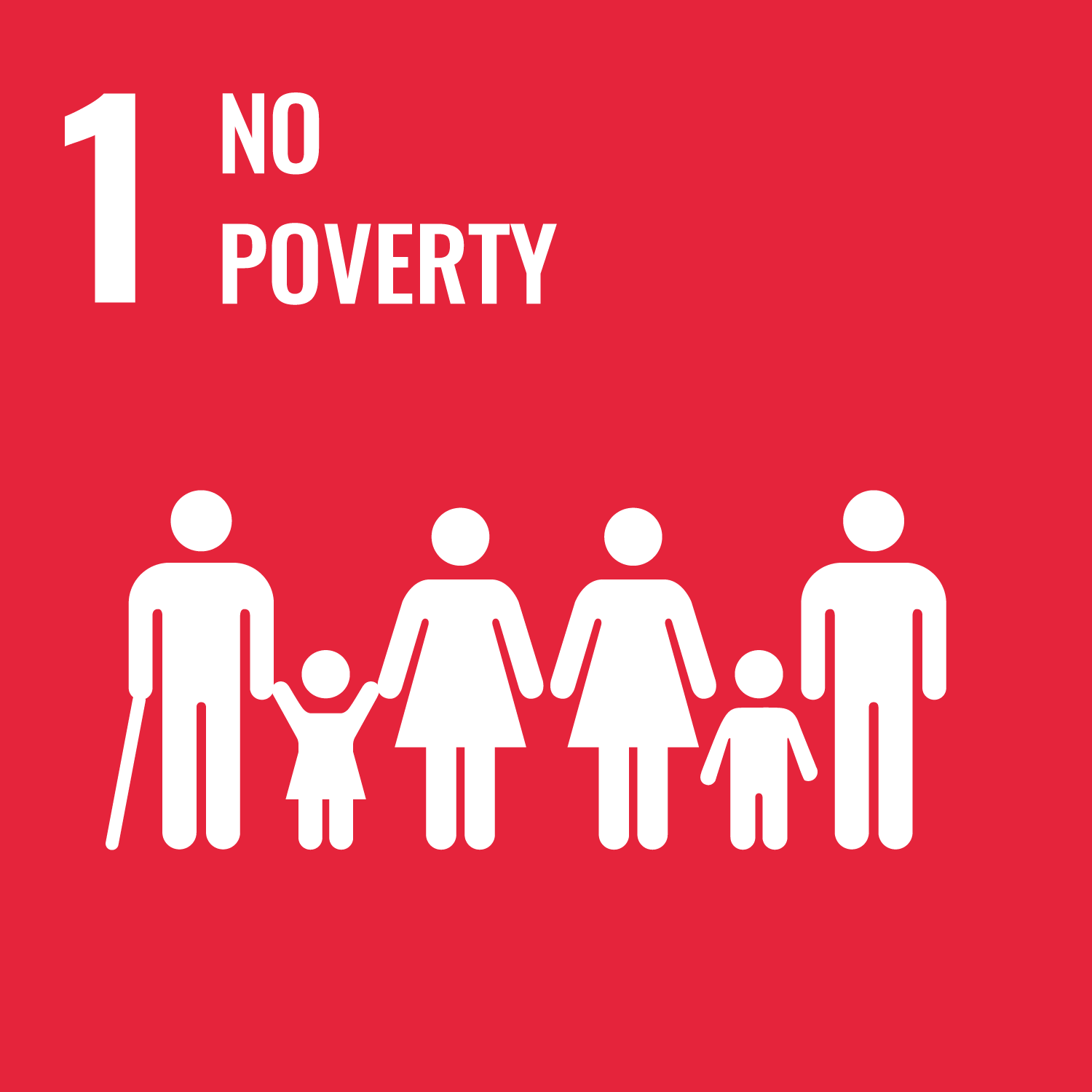
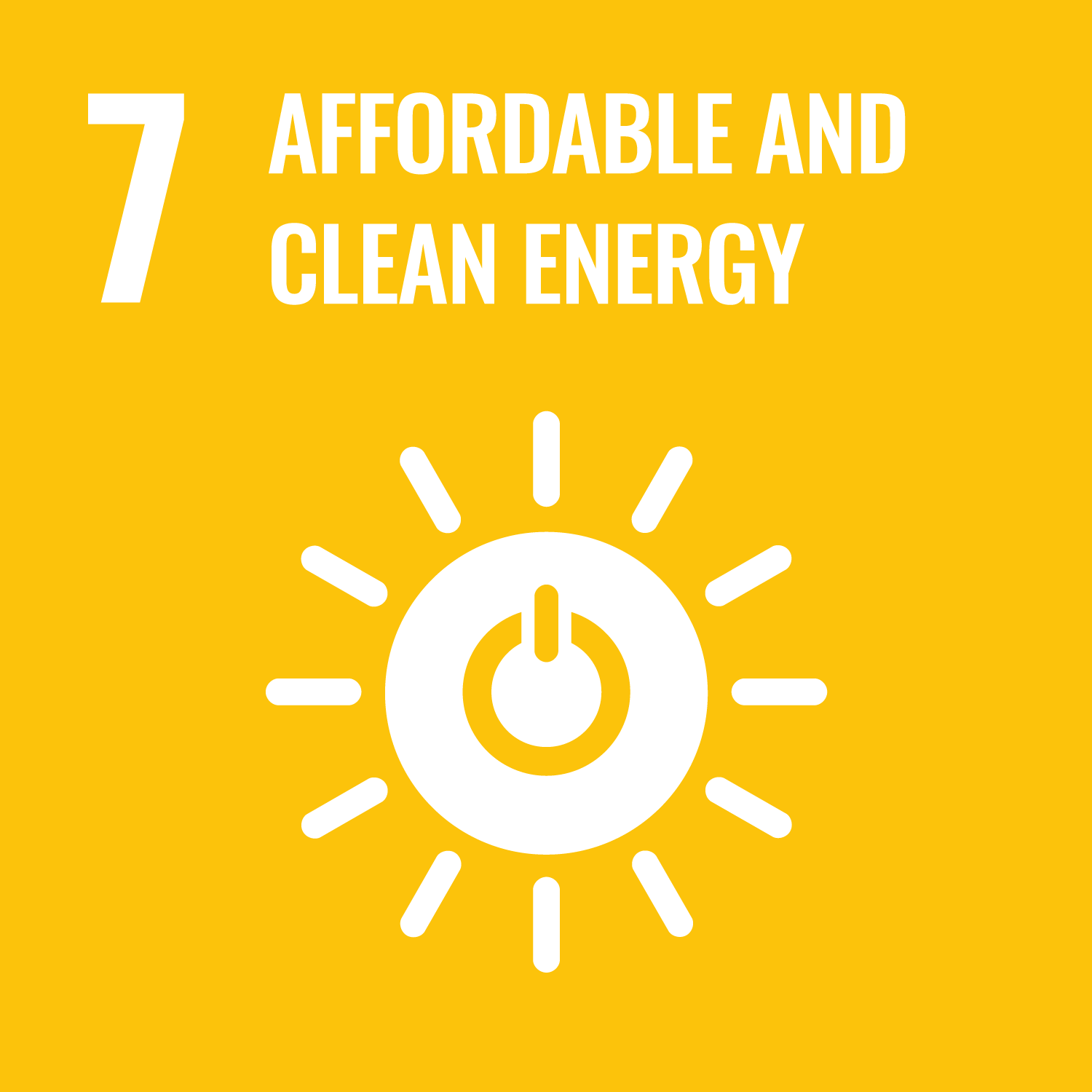
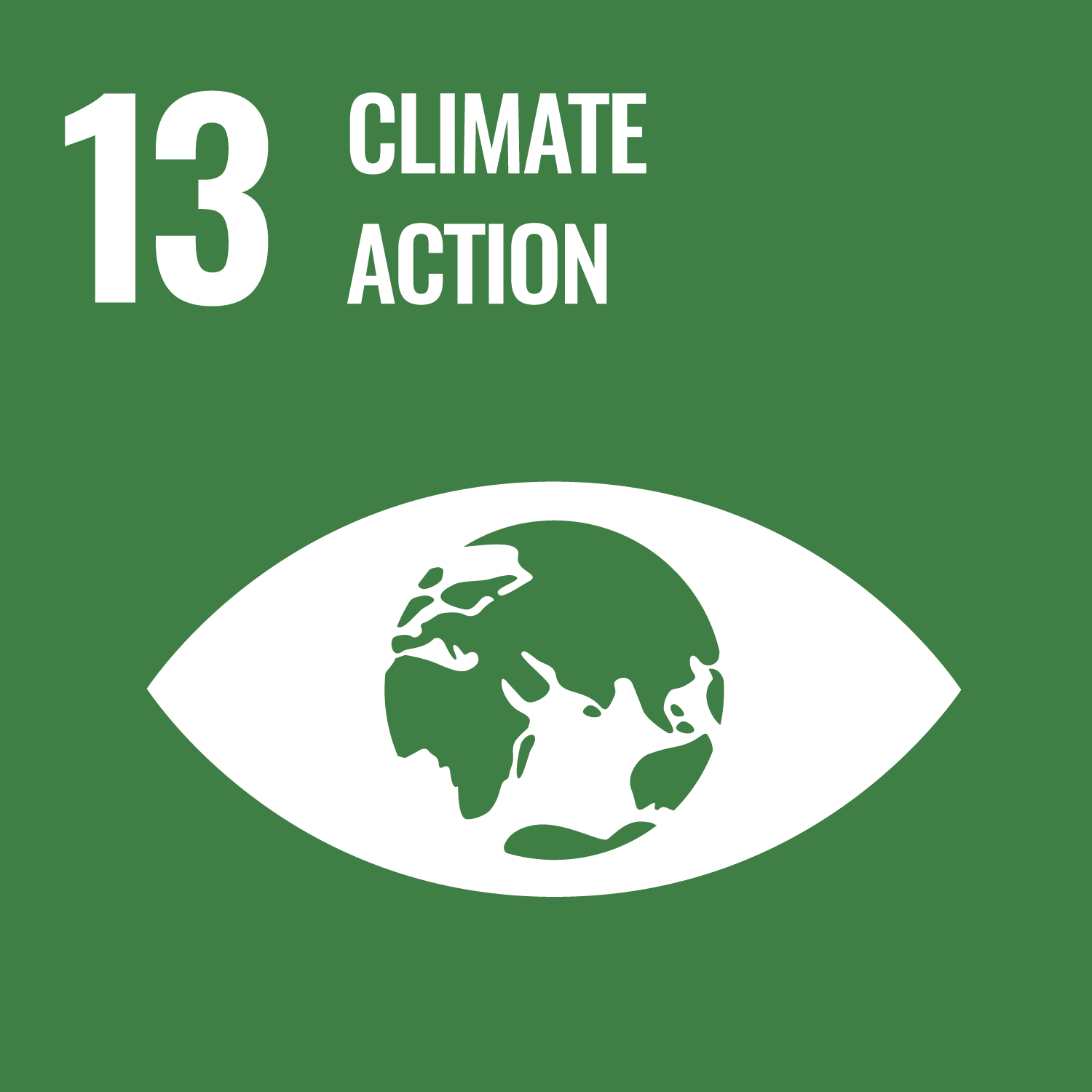
This project delivers solar lights to Zambian families living without electricity. This gives them truly affordable, clean lighting for the first time and has life changing impacts. Currently these households rely on dim and sooty kerosene lamps or candles for lighting. This project replaces these polluting lamps with ultra-affordable solar lights.
This exchange alleviates poverty, promotes education, and safeguards the health of families. Crucially, this substitution decreases dependency on fossil fuels, eliminating ongoing fuel costs for low-income households and helping to address climate change.
The project has distributed over 600,000 lights in Zambia since 2021. The carbon revenue generated allows us to sell the lights to rural families at a 50-70% discount on their retail value. This carbon subsidy removes the key barrier to mass adoption of clean technology by those who need it most: affordability.
The lights distributed are multifunctional - they are portable and can be used indoors as desk lamps or hung on the wall, as well as outdoors as a head torch. By distributing the solar lights through schools and other community centres, they enable children to read and study at night with a bright, clean and safe light.
As a vertically integrated company, we are able to control quality at every stage of our projects: from the deisgn and production of our products to their distribution, monitoring and after-sales service.
Project Impacts and Benefits:
The project delivers not only verified emissions reductions, but unique co-benefits. By using solar lights families improve their health, education and economic circumstances, contributing to SDG 1, SDG 7 and SDG 13.
- SDG 1 - No Poverty: The lights tackle poverty by saving household expenditure on lighting fuels and batteries. They also unlock extra study hours for children, which helps break the cycle of poverty.
- SDG 7 - Affordable and Clean Energy: The project makes solar light truly affordable and accessible to over one million people in Zambia
- SDG 13 - Climate Action: The project reduces greenhouse gas emissions by replacing fossil fuel-based lighting with clean pico solar lights
More project information can be found in the Gold Standard Impact Registry and in a co-authored article on the Gold Standard website.
Testimonials:
“Our Namene light has improved our life so much. I’ve seen improvements in my brother’s education, and he has just graduated”.
Pride Siamenenga, Namene customer and sales agent, Zambia
“When the solar lights are on at night, it feels like a town, not a village. Now we no longer need to spend on expensive candles and kerosene”.
Head Teacher at a rural school in Zinazongwe, Zambia
“We can tell which children did their homework the night before: those who cough or have red eyes from the kerosene fumes”.
Teacher, Lourdes Pre-school in Mongu, Zambia
Vintages of credits: 2021, 2022, 2023
N.B. Individual vintages cannot be selected for purchase. Purchases will include credits from the vintage range stated.
Project Developer
Namene Solar

